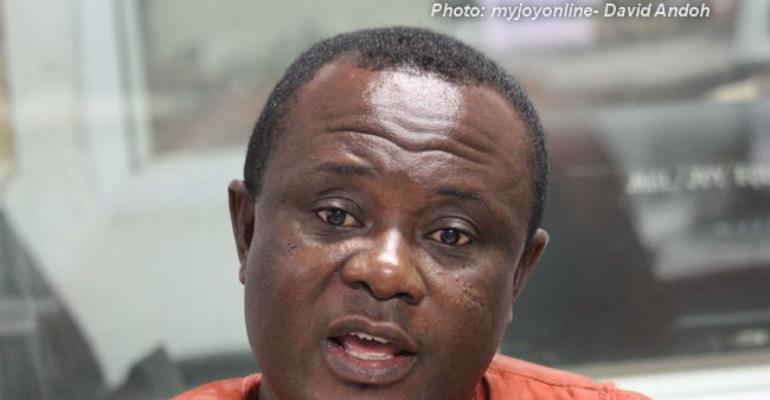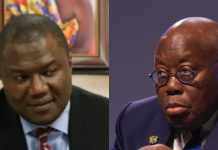
The Media Foundation for West Africa (MFWA) has read with dismay comments attributed to the First Deputy Speaker of Parliament, Joseph Osei Owusu, suggesting that Parliament does not consider the Right to Information (RTI) Bill as a priority.
We are even more saddened and amazed by the Deputy Speaker’s view that an RTI Law will not change anything as far as citizens’ right to access public-interest information is concerned.
The Deputy Speaker, who is also the Member of Parliament for Bekwai Constituency, is reported to have made the above comments during an interview on Radio XYZ on January 31, 2018.
The Honourable Joseph Osei Owusu said the right to information is guaranteed by the Constitution and that what the RTI Bill seeks to do is to set limits on this right; “it is at this point that there are no limits that you have the widest power to ask for any information,” the Deputy Speaker is reported to have said.
We find the Deputy Speaker’s comments rather unfortunate, misleading and contemptuous of the efforts and opinions of civil society organisations that have led the quest of Ghanaians for an RTI Law over the past one decade.
It is misleading because the RTI Bill does not proceed from the assumption that Ghanaians have an unlimited constitutional right to access public information which is supposed to be curtailed by the RTI Law.
On the contrary, it seeks to expatiate on the constitutional guarantee by clearly defining the administrative framework and rules of engagement for the exercise of this right.
An appropriate analogy is an adoption of the Free Compulsory Universal Basic Education (FCUBE) policy to give practical effect to the right to free basic education guaranteed by the constitution.
The Deputy Speaker is reported to have alluded to the Bus Branding Saga and asserted that persons, especially journalists, who feel that some public-interest information is being withheld from them, should seek a court order.
This call betrays a certain elitist attitude that pretends that anyone interested in receiving information from public officials and institutions has the means to go to court. It also reduces such information to a commercial product available to only those who can afford it.
“It’s not different from any other Bill. As far as I’m concerned, it’s like any other Bill. For me, if you ask me, the more critical Bills that are still pending are the Property Rights of Spouses and the Interstate Succession Bills. These are the things that affect the everyday people,” the Deputy Speaker is quoted to have said.
If the above remark is anything to go by, then the Honourable Deputy Speaker considers all the precious time, energy and resources that have gone into RTI advocacy and the efforts that have gone into the drafting of the Bill as a storm in a teacup.
We do not suggest that the other Bills he mentioned are not important. However, we think it is unfortunate for the Deputy Speaker to suggest that they are more urgent and relevant than the RTI Bill, which has been before Parliament for several years now.
Was this the Deputy Speaker’s opinion when his party, the New Patriotic Party was promising in their manifesto to pass the RTI Bill into law if the previous Parliament delayed in passing it? Was this his opinion when Vice President Mahamudu Bawumia promised, exactly a year ago, that the NPP government will pass the RTI Bill before the end of 2017?
Is it not a sad irony that while the President was committing himself to collaborate with Parliament to speed up the process of passing of the RTI Bill, the Deputy Speaker of Parliament, who wields considerable influence in the House, was habouring a different agenda on the matter?
The MFWA believes, like the President and his Vice, that the RTI Law will help ensure greater transparency and accountability in the management of public resources and delivery of public services. It is an indispensable tool in the fight against corruption, as evidenced in the Bus Branding Saga.
And contrary to the MP’s assertion, an RTI Law would have saved Occupy Ghana the time and legal fees they spent to obtain the necessary information regarding the Bus Branding contract.
We, therefore, wish to reiterate our recent call on the government to fulfil its promise of passing the RTI Bill into Law as part of its efforts at ensuring transparent governance and fighting corruption









